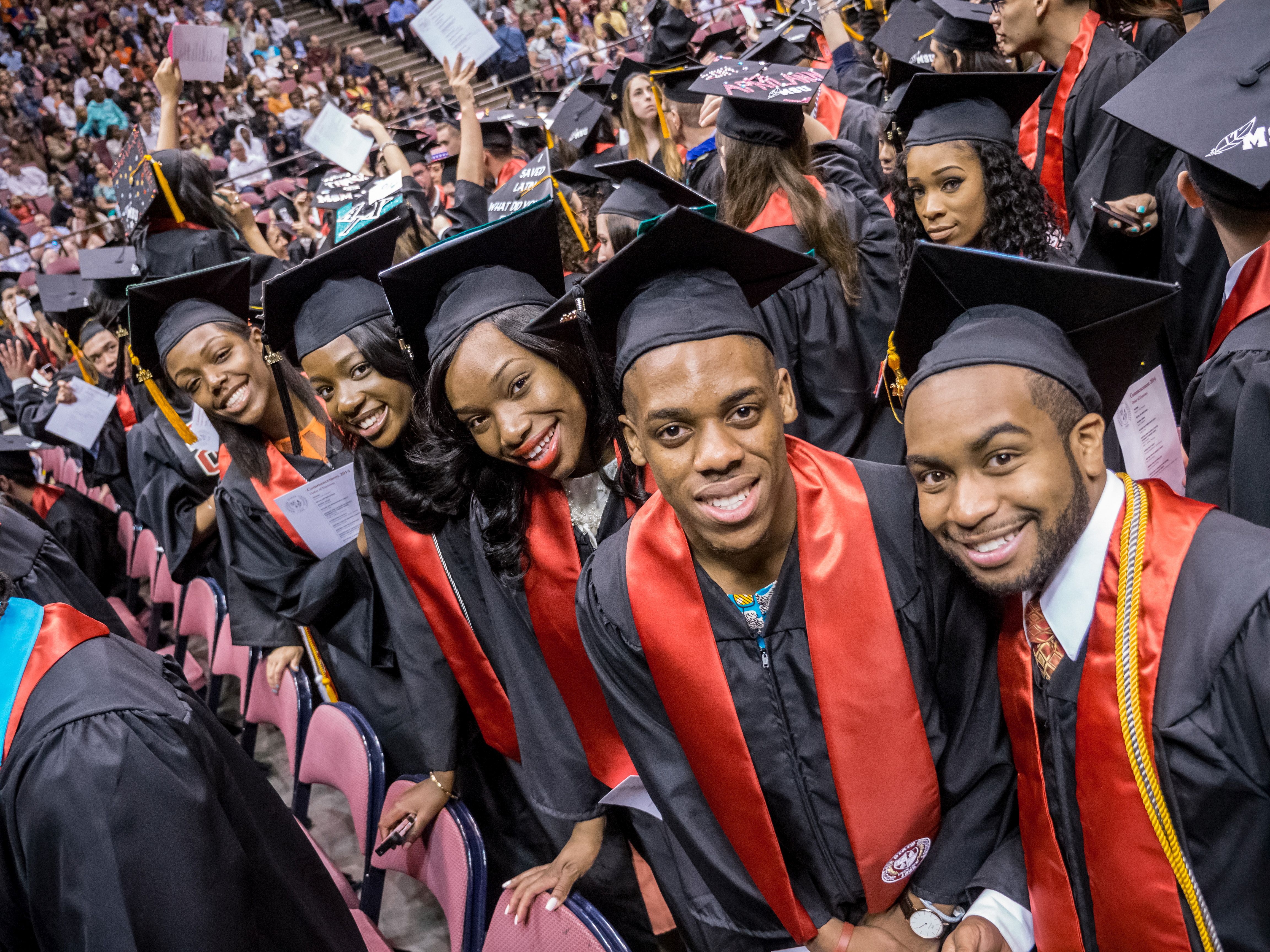
What Does College-Going Look Like for Newark Students?
This summer, the Newark City of Learning Collaborative (NCLC) is releasing Post-Secondary Outcomes of Newark High School Graduates, an analysis of what college-going looks like for 13,500 of Newark’s recent graduates. NCLC, which is working to build Newark’s college-going culture by ensuring that all Newarkers have the tools and resources needed to get to and through college, produced the report in collaboration with the Rutgers University-Newark School of Public Affairs and Administration. Covering approximately 85 percent of all Newark high school students who graduated between 2011 and 2016, the report examines college enrollment, persistence, and completion rates for graduates from traditional public, charter, vocational technical, and parochial schools. The findings will help school leaders, educators, parents, and policymakers evaluate and strengthen the high school to college transition so that as many Newark students as possible can succeed in college.
While overall college enrollment has increased for Newark high school graduates, it has declined for some graduates.
Almost two-thirds of Newark students enrolled in college after high school graduation, but over the study period, enrollment declined by close to four percent among graduates of comprehensive high schools. Unlike magnet schools, comprehensive public high schools have historically served some of Newark’s neediest students. More support is necessary to get the college enrollment rate up for graduates of comprehensive high schools.
More Newark high school graduates are going to four-year institutions.
Enrollment has increased at four-year colleges and universities for Newark high school graduates. The most commonly attended four-year institutions include Rutgers University-Newark, Kean University, Bloomfield College, and Montclair State University.
Persistence at two-year colleges is lower for Newark high school graduates than it is at four-year colleges.
Overall, nearly two-thirds of students persisted through their second year, meaning that most students returned to school after their freshman year. Persistence is a critical measure because if students persist from their first year to their second year, they are more likely to go on to complete their degree. However, persistence was substantially lower at two-year colleges, a problem that affects the approximately 28 percent of Newark high school graduates who start college at a two-year institution. Additional supports will help students who enroll at a two-year institution continue toward graduation or transfer to a four-year institution to earn a bachelor’s degree.
Not enough Newark high school graduates are earning a college degree within six years.
Only 23 percent of high school graduates earned a college degree within six years, the time frame commonly used to assess completion time for a bachelor’s degree. Merely helping students get into college is not enough to guarantee their success. Additional attention is needed to ensure students are staying enrolled in college and actually earning their desired degree or credential.
Ward-based roundtables to generate conversation and brainstorm solutions around these findings will take place in fall 2018. Engaging the community about how to best support Newark students to and through college is the ultimate goal.
To read the full report and view the schedule of upcoming roundtables, visit newarknclc.org.
